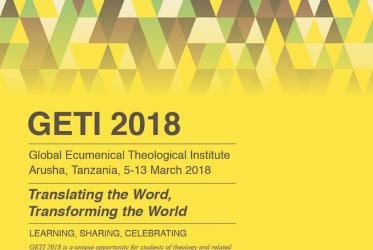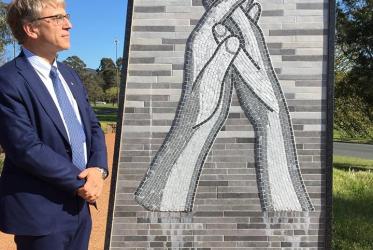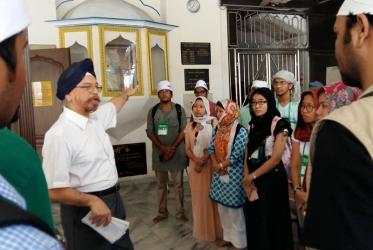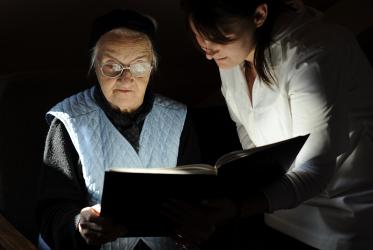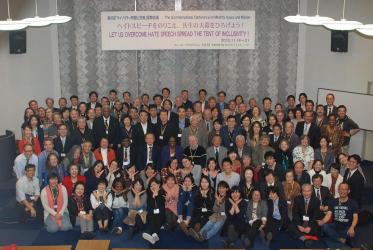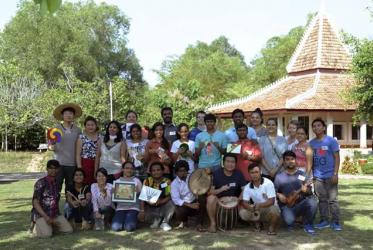Displaying 61 - 80 of 105
Plans for 2017 decided by WCC Executive Committee
01 December 2016
Indigenous spirituality: can it transform injustice into justice?
01 September 2016
Voices from HIV workshop reflect deep impact
07 April 2016
United Bible Societies: A world fellowship serving the churches
16 December 2015
Japanese churches discuss minority issues
01 December 2015

